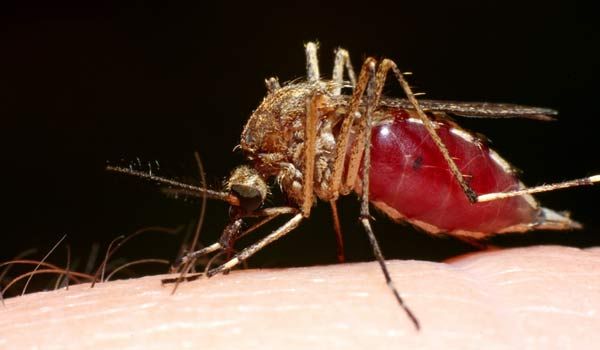West Nile Cases See 35% Boost from Last Week, CDC Says

The number of reported cases of West Nile virus infection in the U.S. has increased to 2,636, an increase of about 35 percent from the number reported as of last week, according to the Centers for Disease Control and Prevention (CDC). The number of deaths from the mosquito-borne disease increased to 118, also a rise of about a third over last week.
This year's West Nile outbreak remains on track to be the worst on record — both in terms of the number of cases, and the number of deaths from the disease — since the virus was first detected in the U.S. in 1999, Dr. Lyle Petersen, director of the CDC's Division of Vector-Borne Infectious Diseases, told reporters today.
As of last week (Sept. 4), the CDC reported 1,993 cases, including 1,069 neuroinvasive cases and 87 deaths. The number of reported cases is expected to increase into October, Petersen said. However, he added, it's likely that the outbreak is past its peak — there is a lag between time that infections actually strike people, and the time the CDC receives reports of cases from state health departments.
"We've turned the corner on this epidemic," Petersen said, adding that it is still important for people to take precautions to avoid mosquito bites.
The severe, neuroinvasive form of the disease, which affects the central nervous system, has been reported in 1,405 of this year's cases.
The number of neuroinvasive cases is the best indicator of the total scope of the epidemic, Peterson said. This year's total is expected to reach or surpass the 2002 record number of 2,946 neuroinvasive cases. (The number of all cases reported so far this year is actually the second-highest on record, he said, though the highest number ever recorded by this point in the year was "artificially" inflated by one state's effort in 2003 to do widespread testing for the virus, which isn't common practice.)
About 80 percent of people infected with West Nile show no symptoms at all, according to the CDC.
Sign up for the Live Science daily newsletter now
Get the world’s most fascinating discoveries delivered straight to your inbox.
To avoid mosquito bites, the CDC recommends using insect repellents, emptying containers of standing water where mosquitoes may breed, and wearing long sleeves and pants around the times of dawn and dusk when mosquitos are most active.
Pass it on: Reports of West Nile virus infections continue to rise, though the U.S. is likely past the peak of the epidemic.
This story was provided by MyHealthNewsDaily, a sister site to LiveScience. Follow MyHealthNewsDaily on Twitter @MyHealth_MHND. We're also on Facebook & Google+.













